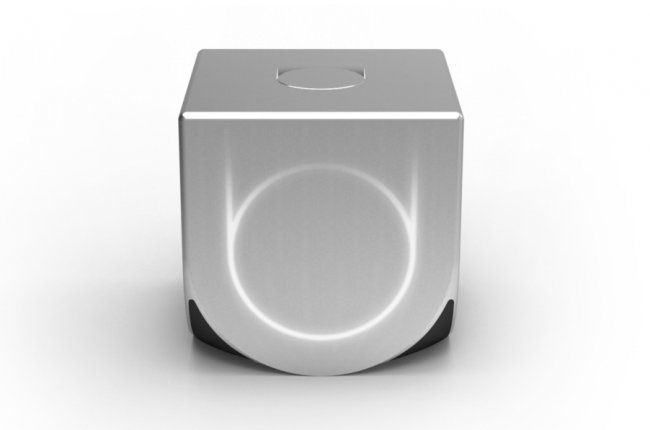Introducing Ouya
Ouya is a brand new Android-powered console currently being developed in California.

A Kickstarter campaign started a few days ago, with the aim of raising $950,000.00 USD. This total was reached within just two days, with the current number close to $2.5 million. It's an incredible amount of money to raise in such a short time, and proof that there is demand for the machine.
There are several levels of support, but for $95 or more, you'll get a console when they're released. That's just over sixty quid, which looks like outstanding value.
The Ouya is trying to break into a crowded market, and it hopes to do this buy focusing on accessibility and the ever expanding indie scene. It's a bold move, but by ensuring all games appearing on the console use some kind of free-to-play model, the console's creators are hoping to lower costs for developers and consumers alike (at the same time as making them a whole heap of cash - naturally).
Julie Uhrman is the company founder, and she enlisted Yves Behar and his firm fuseproject, to make the prototype. Now that it's complete, they're seeking additional funding to bring the console to market.
<bild></bild>
Ouya system specs:
Tegra3 quad-core processor
1GB RAM
8GB of internal flash storage
HDMI connection to the TV, with support for up to 1080p HD
WiFi 802.11 b/g/n
Bluetooth LE 4.0
USB 2.0 (one)
Wireless controller with standard controls (two analog sticks, d-pad, eight action buttons, a system button), a touchpad
Android 4.0
<bild></bild>
Hackers and modders have been invited to do what they will with the machine, and it has been made so updates and peripherals can be easily added to the console.
As you can see from the attached pictures, the console has a pleasing brushed steel aesthetic. The elegant controller will carry the analogue sticks that we're all familiar with, but interestingly the Ouya controller will also come with a touchpad, so mobile games can be easily ported.
Ultimately, there is a long road ahead for the Ouya, with plenty of obstacles to overcome before it eventually comes to market. By opening it up to indie devs and major publishers alike, they'll be hoping that accessibility and relaxed publishing agreements will allow a strong catalogue of games to quickly grow. If they can manage that, there's no reason why success shouldn't follow.
<bild></bild>